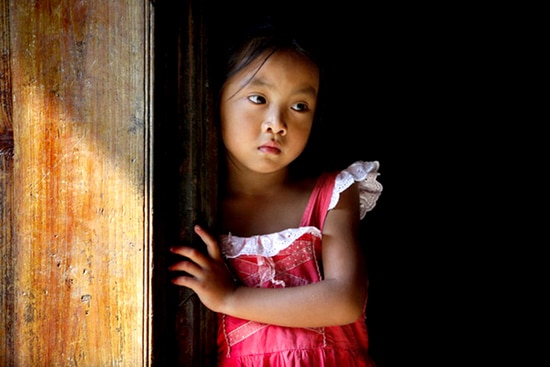The second conference on the care and protection for rural left-behind children was held on November 9th. An investigative report on the situation of China’s left-behind children was released during the meeting. A few days later, an article was published on the website of China’s official Xinhua News Agency questioning the results contained in the report.

The article puts forward a number of questions regarding the report, the most interesting of which is related to the number of left-behind children. According to a previous report, there were about 61.02 million left-behind children in China. However, the result of this national investigation shows that at present only 9.02 million children are left behind. So why has there been this huge decrease in the number of left-behind children and where does this 50-million gap come from?
A representative from the Ministry of Civil Affairs offered a reply to Xinhua’s question. He explained that there are two reasons behind this change. On the one hand, local governments have made a lot of effort for the protection of rural left-behind children. Some related policies have been implemented in fields like new urbanization, poverty alleviation, the household registration system reform, as well providing support for migrant workers to start a small business in their hometown, creating favorable conditions for the decrease of left-behind children. This is the main reason. On the other hand, the definition of left-behind children has also been changed. In the past, a child was left-behind as long as she/he was under 18 years old and one of her/his parents had left to the cities for work. However, the current definition covers only children whose parents have both gone abroad for work, or children who have one parent away for work while the other one does not have the ability to look after the children. The age limit has also been decreased to 16 years old. According to the law on the prevention of juvenile delinquency, children can live without the company of their parents after they are sixteen years old. The change is therefore consistent with the current situation in China.
Even though the explanation given by the Ministry provides a clarification for the gap, Xinhua News Agency putting forward such questions is still positive for promoting public transparency and openness.



